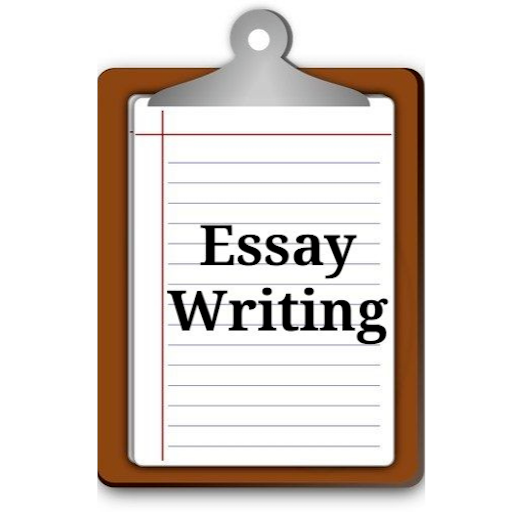Writing an essay as a student is a complex task because there must be structured thoughts behind it. Proofreading is the last stage of the editing process. Common mistakes such as punctuation, spelling and grammar seem insignificant but can prove to be a blunder. UK essay writing assures to maintain a proper flow in writing.
Your thoughts are useless if there persist silly mistakes in the content. Re-examining requires information to be read from scratch and find out possible errors.
It requires a right eye. Follow these five tips to effectively edit the essay
Use MS-Word
If you writing your document in Word, hit F7 to find out possible spelling mistakes, grammar and style. Set language according to your preference by clicking on “Language” in the review menu. This option will help you track all the errors associated with the language preference. Word highlights the errors with red. So as soon as you start proofreading your document, hit the button and save yourself.
Print It Out
No doubt you have spent days on the computer writing essay. Printing your document allows you to see those possible errors which were earlier not visible. Make changes in the hard copy by highlighting it, and then make the transformation in the original paper. This method works best, as on-screen it becomes nearly impossible to identify slight errors.
Read It Loud
Often you try to explain a point in detail, and end up framing complex sentences. Big lines distract the reader from the main point. When you read aloud, there are high chances of finding grammatical issues or other concerns. Reading the content makes you realize where the reader can get confused. You tend to split the sentence for better clarity and understanding.
Check Citations
Once you are done with the writing part, it becomes imperative to go-through task instructions and check citations. Check every citation in the proofreading stage, and make sure the given examples are exact.
Take Breaks in Between
Writing can be a tedious job for those who are not used to it. Re-examining is tiring work as concentration is required at its best. When you sit and detect mistakes in one go, there is a high possibility that all errors will not come up. Taking breaks in between freshens your mind and allows your brain to work at its best. Stay hydrated and eat healthy food for the best results.
Analyzing is tiring work, but it’s worth investing your time to ensure it meets task requirements. So these are some tips you can follow for effective results. Other than that, try to distance yourself from noise, you will catch more errors. One important thing to consider is to never checking the paper the same day you wrote it. Maintain a gap of one to two days to find out more errors. When you read, notice the tone. Is your accent correct to whomsoever it will be delivered? Also, check out font styles and numbers while reading. If you feel it is a burdensome task to track all the possible errors, seek assignment help for qualitative work.





Comments